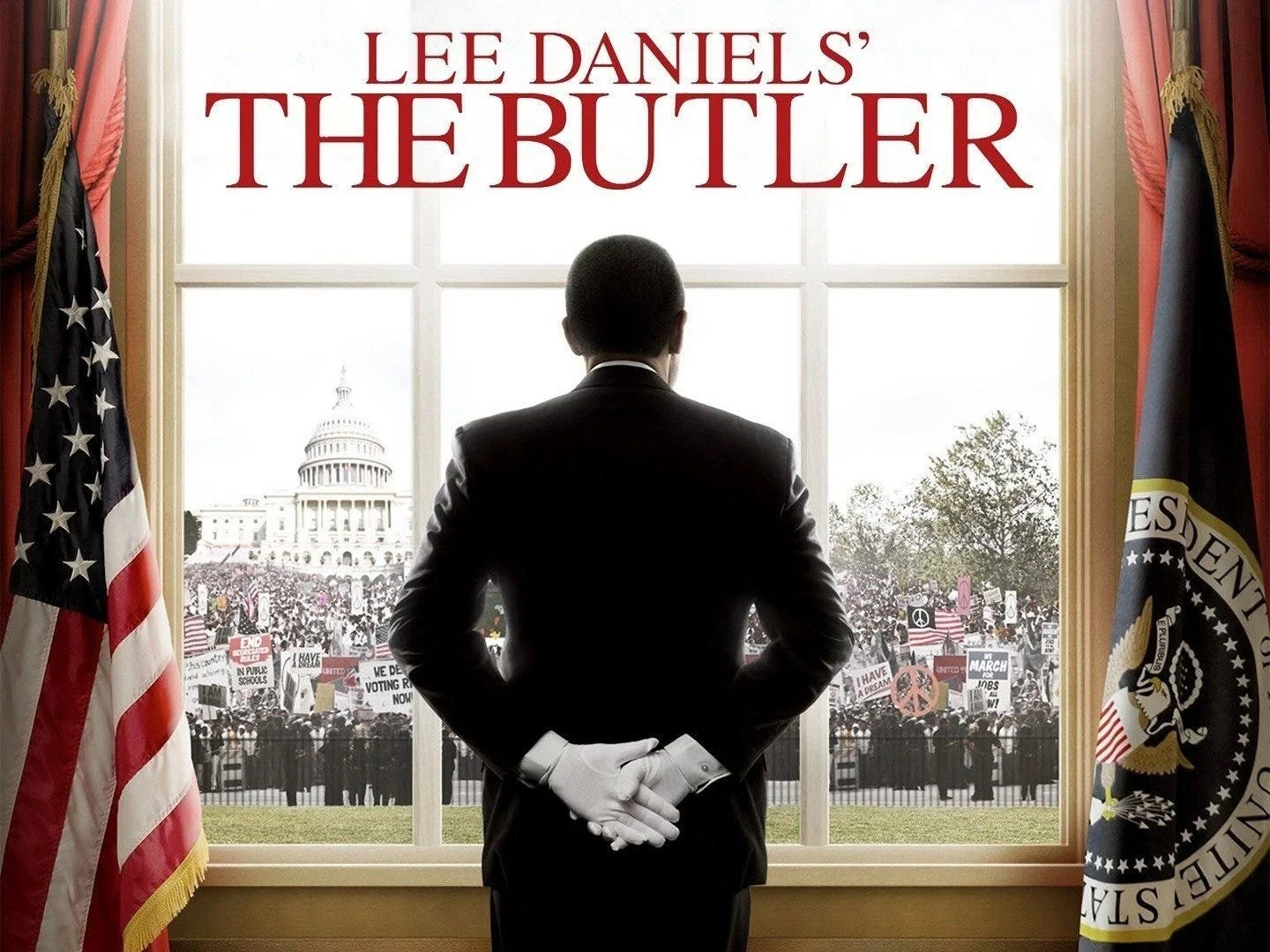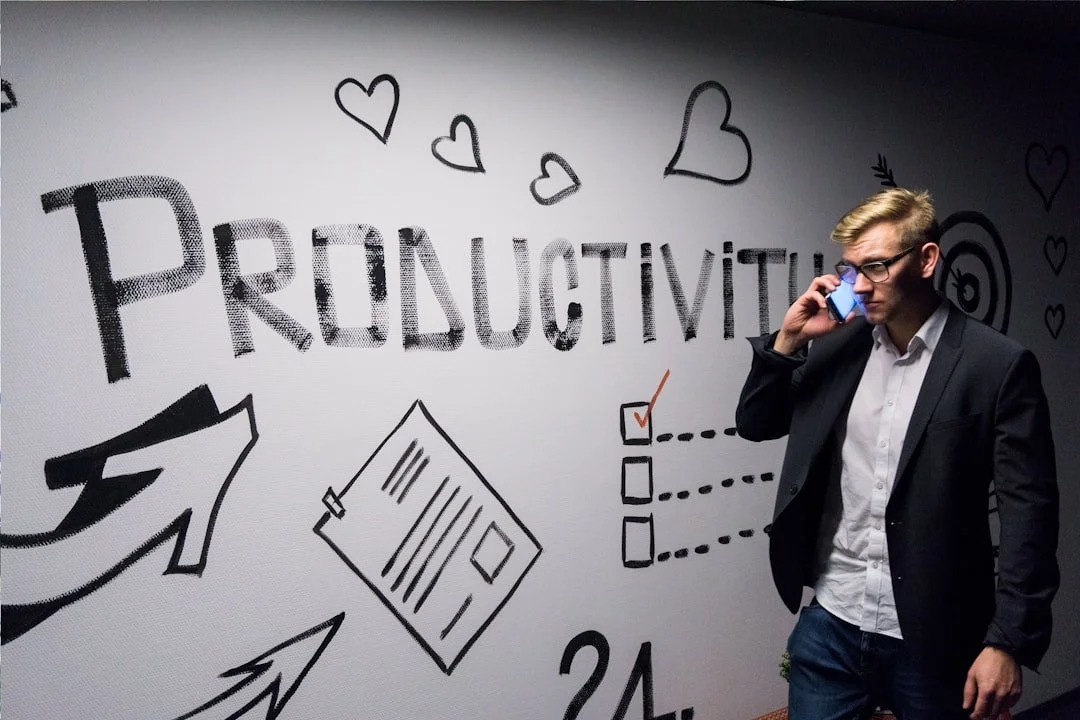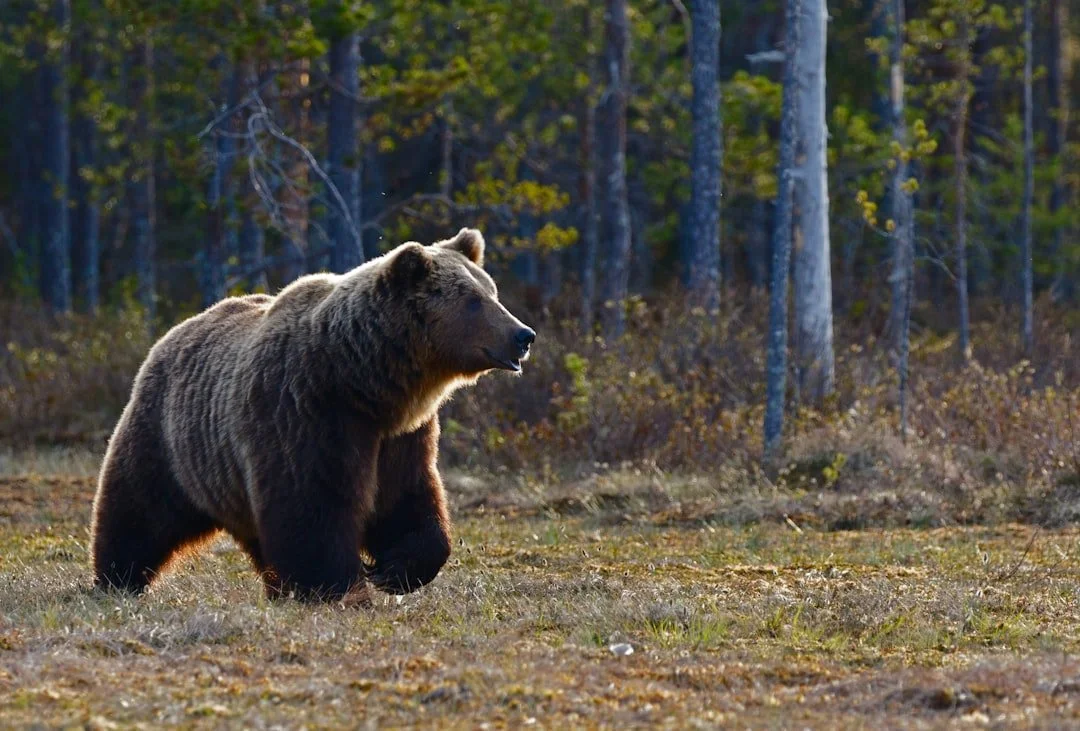
I’VE BEEN THINKING…
by Rick Thyne
I've been thinking about films that got a reaction out of me this year.
This year’s Academy Award-nominated films brought a mix of emotions—two I loved, several I liked, one disappointed me, and another was the worst film I’ve seen all year. Notably, three standout films—two nominees and one that should have been—centered on gender-fluid characters, offering deeply personal narratives rather than broad cultural debates.
Will and Harper is an unforgettable documentary exploring the evolving friendship between Will Ferrell and Harper Steele, who transitioned later in life. Their road trip tests social perceptions, particularly in conservative settings, resulting in an honest and deeply moving story of acceptance.
Emilia Perez is a gripping, musically infused crime drama with compelling characters and a haunting backdrop of cartel violence. Though its final act leans into familiar tragedy, it remains the best film I’ve seen this year.
Conclave delivers a fascinating glimpse into Vatican politics, with stellar performances by Ralph Fiennes and Stanley Tucci. However, an unearned plot twist undermines its impact, making its resolution feel unconvincing.
A Complete Unknown was my personal favorite, capturing Bob Dylan’s early years with authenticity. Strong performances and timeless music make this a must-watch, especially for Dylan fans.
Wicked failed to win me over, much like the stage production years ago. Despite strong vocal performances, excessive CGI and a shallow storyline couldn’t match the heart of the original Wizard of Oz.
Finally, Anora was the worst film I’ve seen this year. Its repetitive, soulless scenes lacked depth, wasting what could have been a meaningful story. Instead, it felt exploitative and monotonous, a clear example of a film that needed a serious edit.
While this year’s nominations were a mix of triumphs and disappointments, the best films reminded me why cinema remains such a powerful medium for storytelling.
I've been thinking about songs that made me happy over the past year.
In a year marked by conflict, chaos, and loss, music has been my unexpected refuge. In this post, I share the stories behind three songs that have been my constant companions through turbulent times—from the resolute spirit of "It Ain’t Over Yet" to introspective ballads capturing the bittersweet confusion of each new day, and a rollicking rock anthem that speaks to the rebel in all of us. Join me as I explore how these melodies have carried me through ambition, love, and the painful beauty of memory, reminding me that even in our darkest moments, there’s always a song that feels like home.
I've been thinking about needing to be right.
Lee Daniels’ The Butler (2013) portrays the life of Eugene Allen, an African American butler who served in the White House across twelve presidencies. The film highlights major justice conflicts, from civil rights to economic crises.
Reflecting on the film, I once believed that progress was inevitable—that history bent naturally toward justice. But the election of Donald Trump shattered that assumption, revealing a powerful backlash to decades of social advancements. His administration sought to dismantle democratic principles, favoring an autocratic minority.
This realization forced me to confront my own past activism. I once saw myself as an indispensable force for change, needing to be on the “right side” to validate my significance. Now, I understand that the fight for justice is ongoing, led by new generations with fresh visions. My role has shifted—from leading to supporting. The struggle for liberation continues, and I trust those coming after me to forge the path forward.
I've been thinking about the apocalypse.
I was dead asleep when the phone rang at 6:30 a.m. on Thursday, November 11th, 1993.
“Rick, it’s Karen.”
“You’re up early. What’s up?”
“Your mountain is on fire.”
Before I could smell it or see it, I heard it—eighty-mile-per-hour winds driving a wall of flames over the ridge, roaring like a battalion of tanks. We fled with only our wallets, photo albums, and our howling dog, hot cinders raining through the open moonroof as we escaped. By nightfall, half the homes in our mountain neighborhood were ashes.
Thirty-two years later, as flames consumed Altadena, the memories reignited. The word "apocalypse" was used to describe the destruction, but its original meaning—revelation—feels more fitting. Disasters like this unveil truths: about our fragile systems, our disregard for the environment, and, most of all, our capacity for kindness. In this moment of survival, we have a chance to reimagine the future. Will we?
I've been thinking about five books that stayed with me in 2024.
From the dozens of books I read this year, five stood out as unforgettable journeys into new worlds, profound human connections, and life-changing insights. Among them, The Ministry for the Future by Kim Stanley Robinson redefined my perception of science fiction, offering a chilling yet hopeful exploration of climate change and humanity's resilience. Gabrielle Zevin’s Tomorrow, and Tomorrow, and Tomorrow revealed the deeply human stories behind the gaming industry, a culture I had underestimated. Kate Chopin’s The Awakening revisited the timeless struggle for women’s independence with breathtaking poignancy.
Anthony Fauci’s memoir, On Call, shed light on a life of integrity and commitment to public health through decades of global crises. Finally, Rabbi Sharon Brous’s The Amen Effect delivered a heartfelt guide to building compassionate, inclusive communities. These books opened my eyes, challenged my assumptions, and left me with lessons I’ll carry long after the final page.
I've been thinking about music for this holiday season.
There’s a love story at the heart of one of the most cherished pieces of Christmas choral music in modern times. O Magnum Mysterium, composed by Morten Lauridsen in 1994, was a heartfelt Christmas gift commissioned by Marshall Rutter for his wife, Terry Knowles, the executive director of the Los Angeles Master Chorale. Conceived in secrecy and premiered as a surprise during the Chorale's holiday concert, this masterpiece captivated audiences from its first notes, earning a standing ovation and becoming a timeless expression of love, devotion, and artistry.
In memory of Marshall and the extraordinary legacy of love he left behind, this story reminds us of the enduring beauty of music inspired by the deepest human connections.
I've been thinking about the questions I'm afraid to ask.
In 1991, I joined a men’s group that became a cornerstone of my life, yet when my marriage faltered years later, I found myself alone, harboring hurt and anger toward these men who didn’t reach out as I struggled. It wasn’t until years later—after their unwavering support during my son’s death and my health struggles—that I asked the question I was afraid to confront: What’s wrong with me? I realized I had spent my life projecting strength and self-sufficiency, convincing others and myself that I didn’t need help. This reflection led me to understand how fear of vulnerability and conditional love shaped my relationships. While I’ve begun to share my true self with a few trusted loved ones, the journey toward transparency and intimacy remains fraught, as the fear of rejection often feels like too great a risk to take.
I've been thinking about Thanksgiving.
My earliest Thanksgiving memory, at about ten years old, was a chaotic family gathering at a Hollywood hotel banquet room, a rare luxury for our working-class clan. That day, my embittered grandfather’s lengthy prayer set the tone for a meal that contrasted starkly with Norman Rockwell’s idyllic depiction of Thanksgiving in Freedom from Want. Over the years, Thanksgiving has come to embody not only the warmth of family but also the complexities and tensions that arise in any gathering. For Becky and me, our new tradition of dining at the bar of our favorite restaurant, mingling with bartenders and fellow patrons, offers a refreshing and personal way to celebrate—a reminder that Thanksgiving, like family itself, can evolve while holding on to what truly matters.
I've been thinking about the sixteen times I've voted for Presidents.
As I prepare to cast my sixteenth vote for president in the upcoming election between Kamala Harris and Donald Trump, I reflect on the journey of a lifetime in American democracy. From the optimism of voting for Lyndon Johnson and Barack Obama to the heartbreak of losses like Al Gore and Hillary Clinton, each election has shaped my understanding of politics and governance. The assassination of JFK, the upheaval of 1968, and the rise of MAGA politics have challenged my belief in progress and truth. Now, at 83, my vote is less about my own future and more about preserving democracy for my grandchildren—a future where truth prevails, freedoms endure, and hope remains a guiding light.
I’ve been thinking about the rewards and dangers of working hard.
In the fall of 2011, I was in New York City with my friend Sam and my son-in-law Chris at a sidewalk bar in Greenwich Village. Chris, then the the father of two young sons, six and three years old, leaned forward with his elbows on the bar table and asked Sam and me, Okay, you guys have raised sons so tell me, what’s the single most important thing I can teach them? My answer then was immediate, and almost instinctual, but I don’t think it would be the same today.
I’ve been thinking about how Christian Nationalists are hijacking Jesus of Nazareth.
Christian nationalists have invaded our current public conversation and weaponized the Christian faith. Their form of patriotism believes that America was founded as, and should therefore remain, a country built on their version of Christian values. They believe these values, and not the democratic vision enshrined in our Declaration of Independence and Constitution, should shape our government. They would prefer a world more like the authoritarian governments of our fiercest adversaries than a messy, pluralistic democracy.
I've been thinking about how I finally learned to read.
It took me until I was in my forties to stop worrying so much about the lesson in what I was reading and whether people thought I was smart. I opened my imagination to whatever new world the author laid out before me and set myself loose to wander with fresh eyes and ears, brand new senses of touch and smell. I started to experiment with questions like, What choice would I make if I were in this situation? What would I feel in these circumstances? What if I were this character and not who I am, a woman in her circumstances and not a man in my own?
I've been thinking about how worn out I feel.
I’m so TIRED. But it's not just my age and my body that are exhausted - my spirit is also worn out. I’m soul-saddened by the death of a lifelong friend and the startling news of the serious illness of another dear one. At my age, the illnesses and deaths of my peers are no longer a rarity. But the depth of my current sadness caught me by surprise.
I've been thinking about music I love.
In our family’s lore is the story of my mother propping me up as a toddler against the front of our living room console with the radio playing and me, clad only in a diaper, rocking left to right in rhythm to the big band music of Jimmy Dorsey and Glenn Miller, or to the vocals from Ella Fitzgerald and Louis Armstrong. Still today, wandering through a mall, I find myself softly singing the lyrics to overhead speakers playing instrumental versions of these personal treasures so deeply stored in my little-boy memories. She taught me to love the music she loved, music that has lingered through my lifetime.
I've been thinking about reimagining my relationships with women.
A friend recently forwarded to me a story from TikTok, so I linked up to the site for the first time. It seems someone posed this question to a large number of women: Would you rather be stuck in a forest with a bear or a man? A large plurality of the women said, the bear, most without hesitation. My first response was to laugh because this sounded so silly. But because I’ve been reimagining my own relationships with women for the past several weeks, I pressed on, read more, watched accompanying videos, and learned a lot.
I've been thinking about when empathy works (and when it doesn’t).
In public circumstances, empathy doesn’t require intimate love and trust, or the sense that we’re personally safe with one another. Public empathy means we can be in the same room together, pointed in the same direction, working to understand one another even if our disagreements persist. So what's changed? Why does public empathy seem so out of reach now?
I've been thinking about how we can turn hope into justice.
In ways I don’t recall from previous years, an underlying hopelessness creeps in more and more to conversations with my friends and therapy clients, expressed in recurring phrases, like: The world is such a mess. What happened? How did we arrive at this sense that our world is falling apart and there’s nothing we can do about it?
I’ve been thinking about being an eighty-two-year-old sports fan.
Why do I care who Shohei Ohtani is or why the curse of the Bambino hung over Boston Red Sox fans for eighty years? The origin of my devotion is that sports, and especially baseball, was one of the few things that connected me as a child to my dad.
I’ve been thinking about old movies (and new ones) that matter to me.
I spent my 1950s childhood living within blocks of perhaps ten movie theaters between Bronson and La Brea Avenues on Hollywood Boulevard. Of the hundreds of films I’ve seen, a few stand out as important because they help to define different seasons of my life.
I've been thinking about things that go bump in the night.
It is surprising how often a person’s very disparate dreams well up from a common source: unfinished emotional business collected in a mist-covered lake of fear and sadness and shame going back to childhood but out of the reach of consciousness. It’s as if each dream is a plea to dispel the mist and wade deeper into this still-mysterious dream-lake as we continue constructing our sense of where we come from and who we’re becoming.
Get the column sent
straight to your inbox.
Sign up to receive new columns via email as soon as
they’re published (and special offers, subscriber-only content, and some behind the scenes thoughts).
And as always - I hope you’ll reply to let me know what
you’ve been thinking!
You should receive your welcome email right away confirming you’ve been added to the mailing list. Let us know if you’re having trouble, and didn’t receive your welcome email.
Hi, I’m Rick Thyne and I’m grateful that you found your way to these pages. I’ve published two books in the past decade and along the way I’ve discovered that I really love to write. In the news and in so many conversations, I find issues I care about; so I’ve decided to write brief columns about these issues and to share them with you. I hope you’ll write back with your own thoughts and questions. Perhaps in this conversation we’ll find our way to more of the common good that is for me our best hope for a future in which all of us thrive. Thank you again for sharing in these conversations.




















